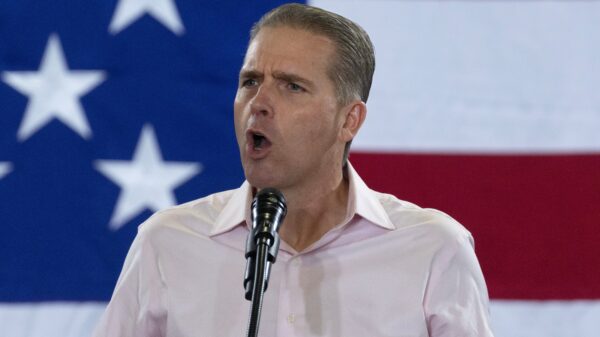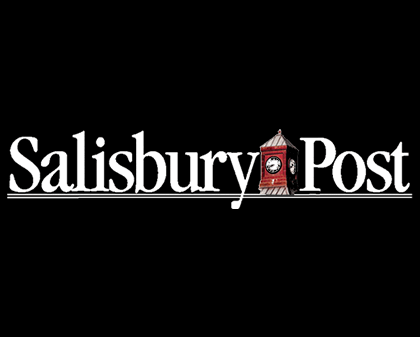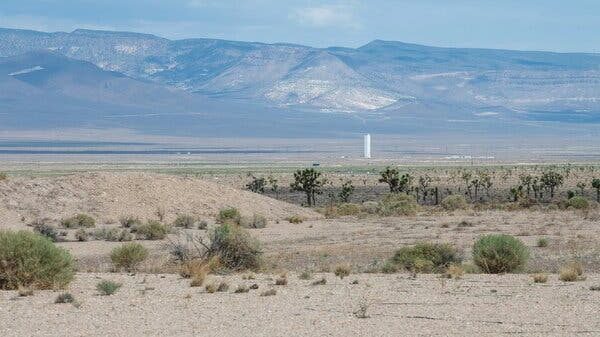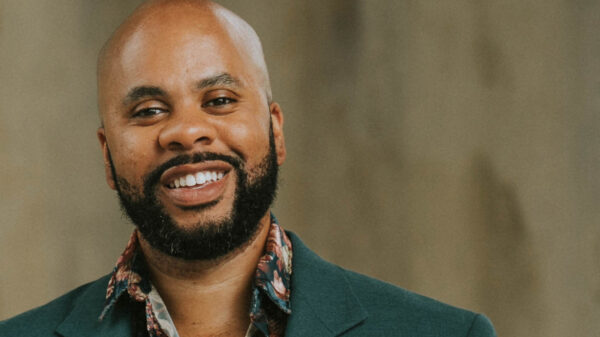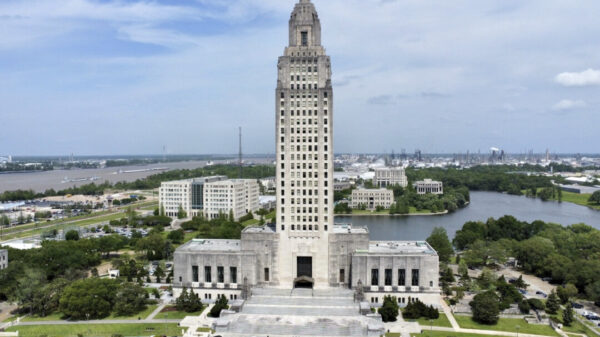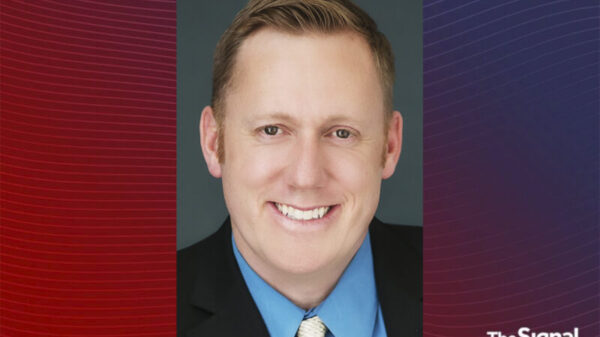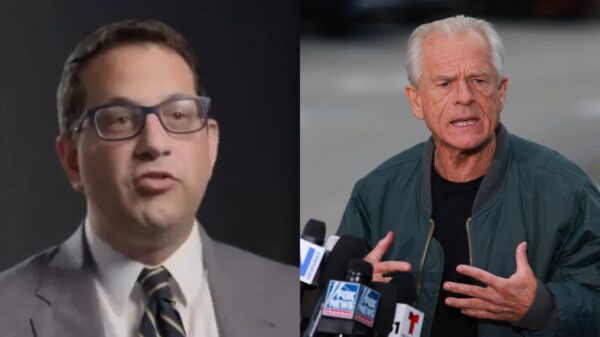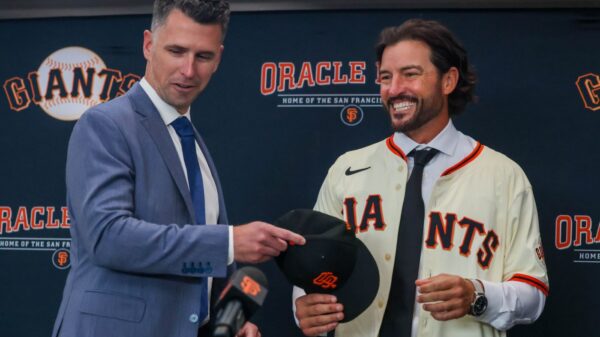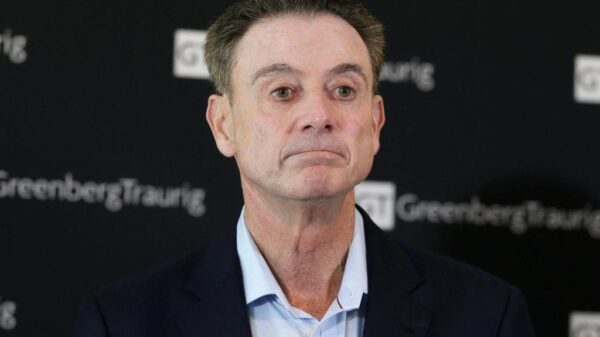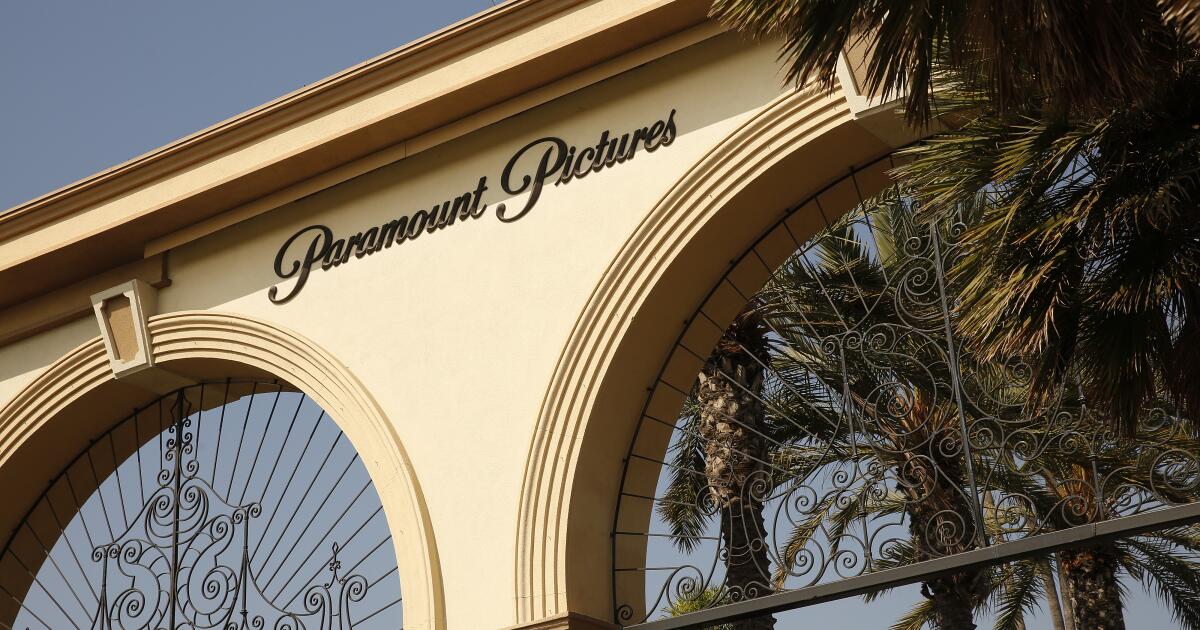UPDATE: Paramount Pictures has just announced its firm opposition to a proposed boycott of Israeli film institutions, a move that has sparked intense debate within Hollywood. The backlash comes from a coalition known as Film Workers for Palestine, which claims to represent a growing discontent among artists regarding the ongoing Gaza conflict.
Earlier today, Film Workers for Palestine launched an open letter calling for a boycott of Israeli film festivals, production companies, and other entities, accusing them of involvement in “genocide and apartheid against the Palestinian people.” This letter has garnered endorsements from over hundreds of prominent figures in the film industry, including acclaimed directors and actors such as Jonathan Glazer, Ava DuVernay, Emma Stone, and Joaquin Phoenix.
The statement from the group emphasizes the urgent need for filmmakers to take a stand during this critical juncture, asserting, “In this urgent moment of crisis, where many of our governments are enabling the carnage in Gaza, we must do everything we can to address complicity in that unrelenting horror.” They pledged to boycott all collaborations with Israeli film institutions, which they claim have been complicit in attacks on Palestinians.
In contrast, Paramount’s leadership, under the new ownership of Larry Ellison and RedBird Capital Partners, has voiced a strong commitment to artistic expression. In a statement released earlier, the studio said, “We believe in the power of storytelling to connect and inspire people, promote mutual understanding, and preserve the moments, ideas, and events that shape the world we share.” Paramount clearly stated their disagreement with the boycott, emphasizing that silencing artists based on nationality does not contribute to peace or understanding.
Paramount is now the first major studio to publicly address this divisive issue, reflecting a significant shift in the industry as tensions rise. An insider revealed that David Ellison, Paramount’s CEO, and senior executives felt it imperative to take a stand against the boycott, believing it undermines the essence of creativity and communication in the global entertainment landscape.
This clash comes at a time when the film industry is grappling with broader social and political issues, and the stakes are particularly high. The ongoing conflict in Gaza has polarized opinions, creating a rift in Hollywood as artists weigh their responsibilities against commercial interests.
As the situation develops, all eyes will be on how this boycott plays out and whether more studios will follow suit or align with Paramount’s position. The implications of this debate extend beyond Hollywood, potentially influencing global perceptions and responses to the Israel-Palestine conflict.
Stay tuned for further updates as this urgent situation unfolds.



